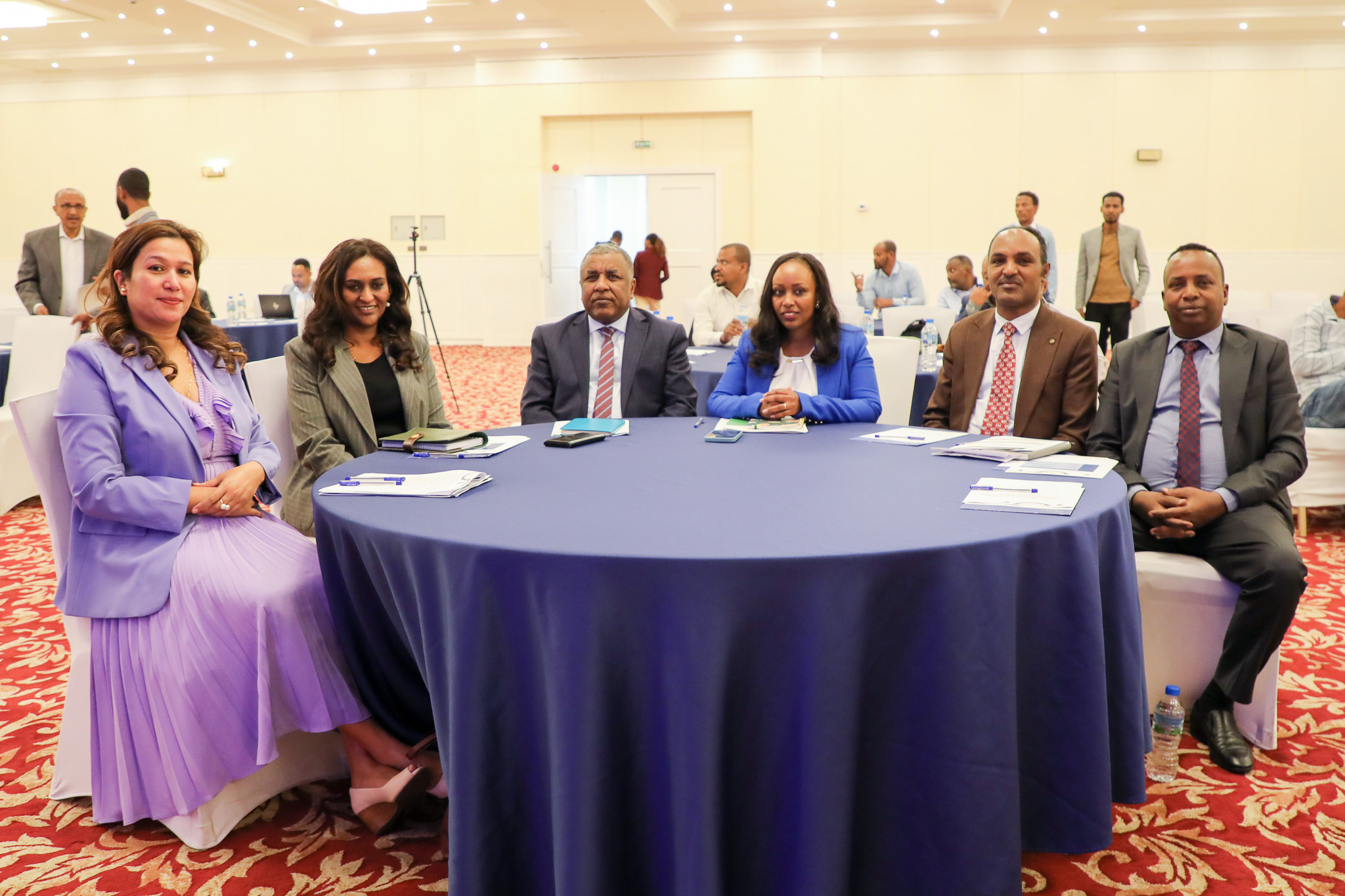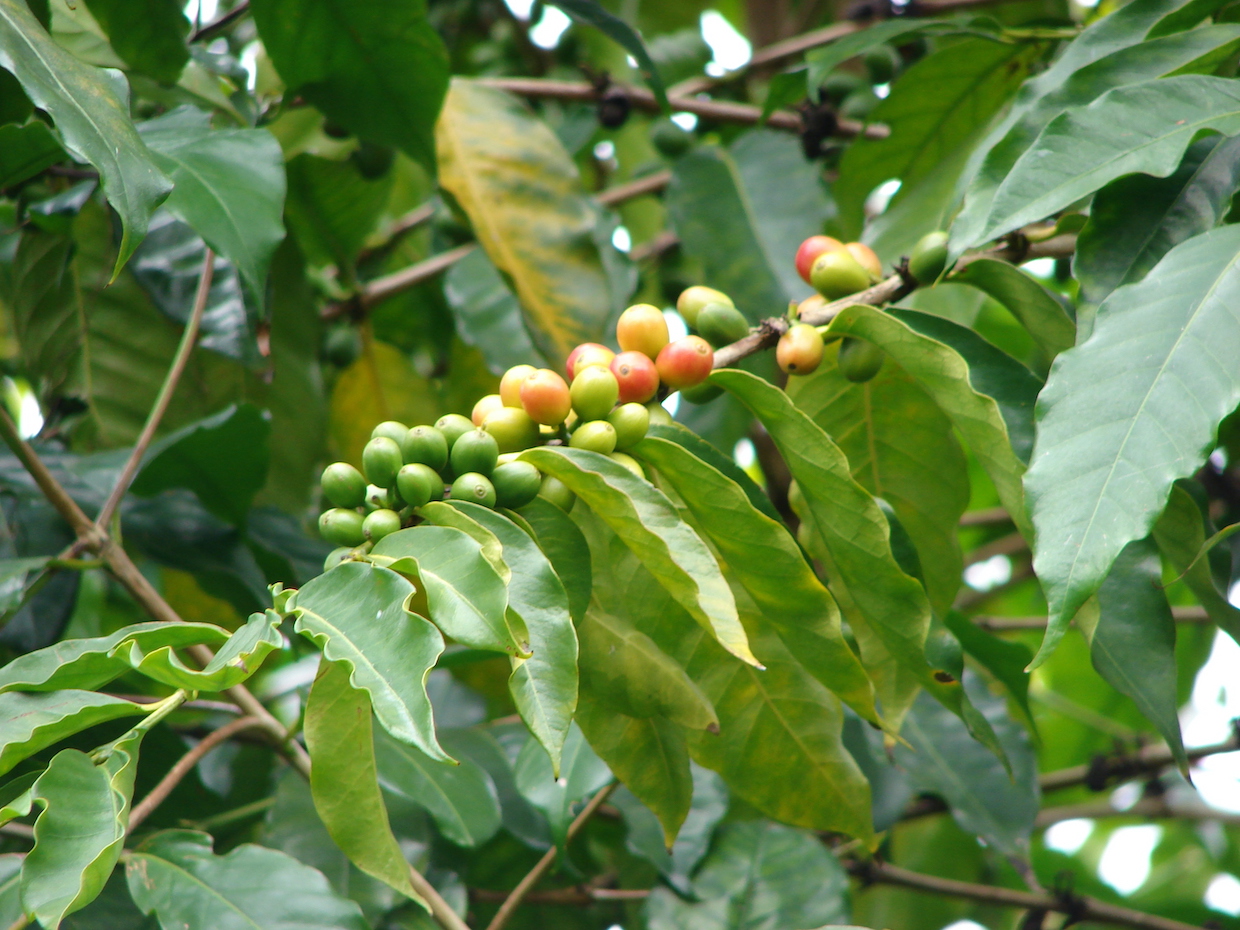
Ethiopian government representatives and program officials in Addis Ababa yesterday. Press release photo by Yohannes Balcha/UNDP.
In partnership with the United Nations Development Programme (UNDP), the Government of Ethiopia has officially embarked on a long-term program to combat deforestation and integrate sustainability in the coffee sector.
With additional funding from the Washington D.C.-based Global Environment Facility (GEF), the joint project has a budget of US$20.8 million, with plans to run from 2023-2031, according to the UNDP.
Called “Preventing Forest Loss, Promoting Restoration, and Integrating Sustainability into Ethiopia’s Coffee Value Chains & Food Systems,” the project is designed to prevent deforestation, promote reforestation and provide market support for Ethiopian coffee producers.
The Ethiopia coffee project is one of 26 different country projects under the name FOLUR (“Food. Land Use. Restoration.”) Together, they comprise billions of dollars in public and private investments with a focus on large-scale production landscapes for agricultural products such as coffee, cocoa, corn, coffee, livestock, palm oil, rice, soy and wheat.

“Starr 070308-5472 Coffea arabica” by Forest & Kim Starr is licensed under CC BY 3.0.
Ethiopia Minister of Planning and Development Fitsum Assefa led the inauguration of the FOLUR project in Ethiopia’s capital city Addis Ababa yesterday.
The project formally adopts Ethiopia’s new integrated land use policy while seeking to improve the livelihoods of approximately 440,000 people. The project aims to restore 10,500 hectares of unproductive coffee lands, while restoring and managing 60,000 hectares of key forest land.
The Ethiopia FOLUR project is being implemented in 22 woredas of four regions: Oromia, Sidama, Central Ethiopia and Southwest region.
Despite political, logistical and climate-related challenges affecting the Ethiopian coffee industry in recent years, coffee remains the country’s leading source of export revenue, generating approximately 30-35% of the country’s overall share, according to one recent report.
Comments? Questions? News to share? Reach our editors here.






Comment